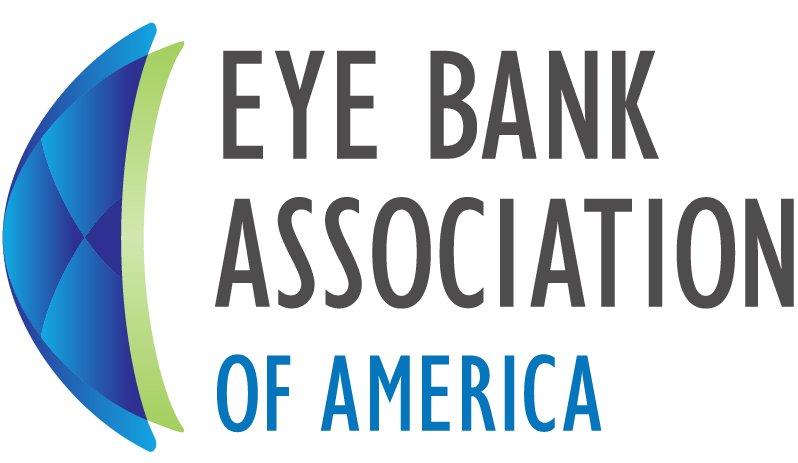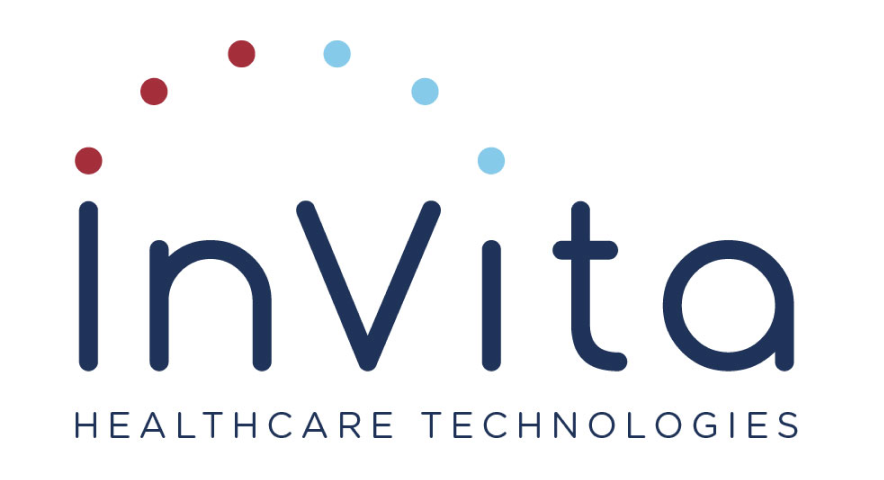Here are some helpful tips to aid you in your research grant proposal submissions!
Video: Research Grant Writing 101
Grant Writing Tips from Mark Greiner, MD (15 mins)
1. Prepare early.
Take your time and thoughtfully prepare your proposal well before the deadline.
- Carefully review the grant application for any special guidance or instructions.
- Be sure that you have all appropriate forms needed.
- While still in the concept stage, seek out feedback from colleagues and peers about your proposal idea.
- Make sure you can complete the research in the time frame proposed.
2. Be thorough, organized and logical.
Make sure the thought process of the application is easy to follow and that all the parts of the application fit together.
Be sure that your proposal:
- Clearly defines the goals and objectives of your project.
- Presents a well-formulated research problem, whose solution will have useful effects in the fields of eye banking and corneal transplantation.
- Conveys scientific, technical, or medical significance (relevance to eye banking)
- Is original research.
- Presents aims that are logical and feasible.
- Contains adequate justification for proposed expenditures.
- Determines the broad project goals and present 2-4 study aims that support the larger goal.
- Explains what results are expected and how they will be evaluated.
- Is clear and avoids jargon. Use a concise writing style that would allow a non-expert to understand your research. Spell out all acronyms at their initial use.
- Make sure all citations are complete and properly formatted.
3. Prepare a timeline.
Gather all relevant information about submission deadlines and review timetables. Make sure you have time to write multiple drafts, solicit colleagues or mentors to review your draft and prepare materials.
4. Determine your budget.
Estimate how much materials, equipment and staff will cost and determine how your budget relates to your research plan. Remember that everything in the budget must be justified by the work you are proposing to complete.
- Do some research in your field and find out which other projects are already being funded. Consider turning competitors into collaborators to improve the strength of your proposal.
- Ask yourself – Is special funding necessary to solve the problem? Tell the reviewer why this problem can’t be solved using the normal resources of a laboratory.
- Take into account the availability of essential resources.
- Be sure the costs in your budget are reasonable and justifiable.
5. Put yourself in the reviewer’s shoes.
Make sure your application is easy to read and follows the usual format. A clear, organized well-written application will stand out and make a good impression. When viewing applications, reviewers want to know that you:
- Understand the needs in the eye banking and corneal transplantation community.
- Can document the needs using appropriate data.
- Know how to address these needs.
- Want to solve a unique problem and have a specific plan of action.
- Have a method for evaluating the results.
6. Consider your audience.
- What new information will the audience obtain as a result of the proposed research?
- Why would your research be beneficial to the audience?
- How will you show the audience that your conclusions are valid?
7. Use your peers as a resource.
Enlist the help of outside readers to review your application and provide objective feedback. It might be beneficial to have your Medical Director or someone who is constantly conducting research to review your application.
8. Submit your proposal on time.
Prepare all documents ahead of time and submit your application in its entirety prior to the deadline.


